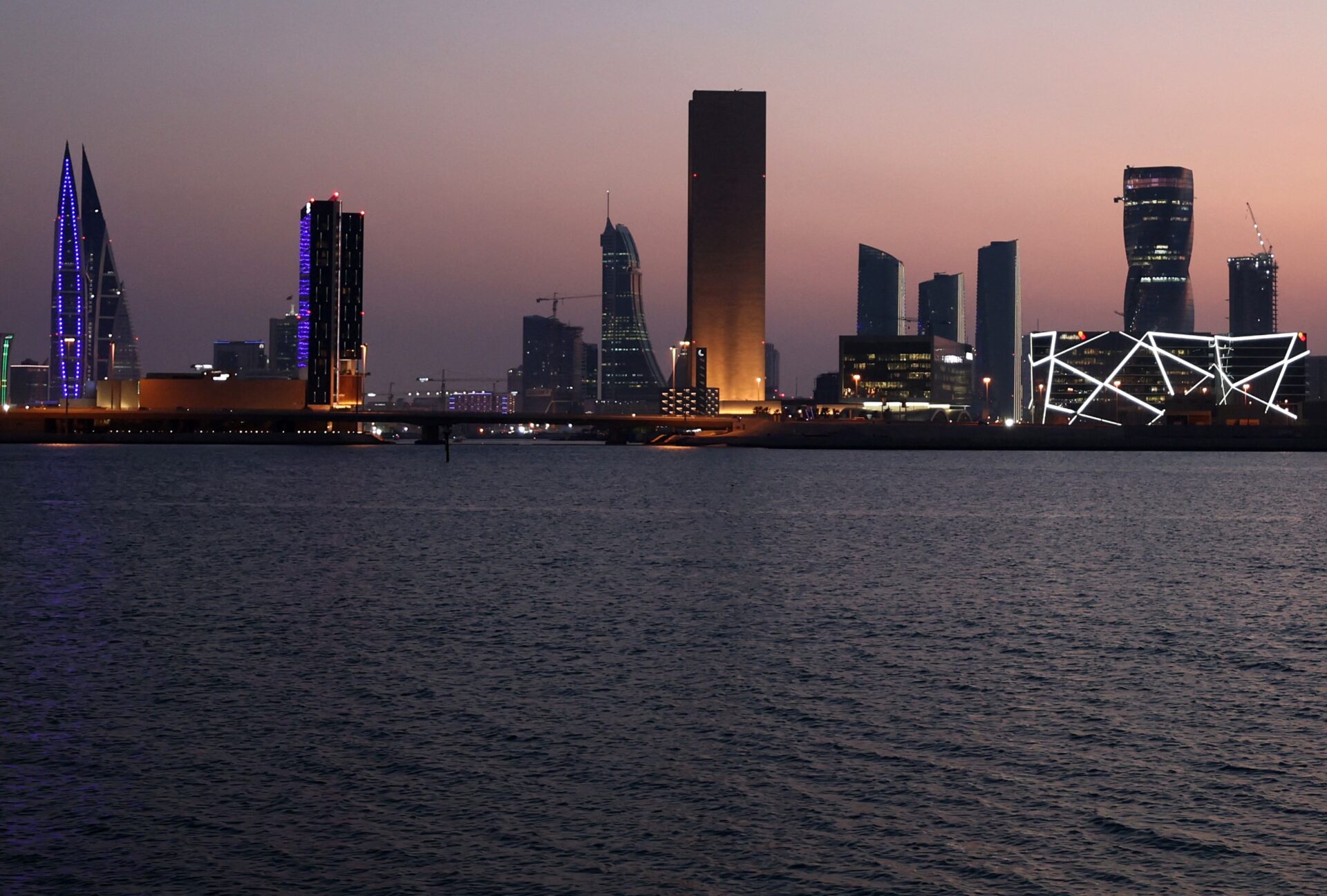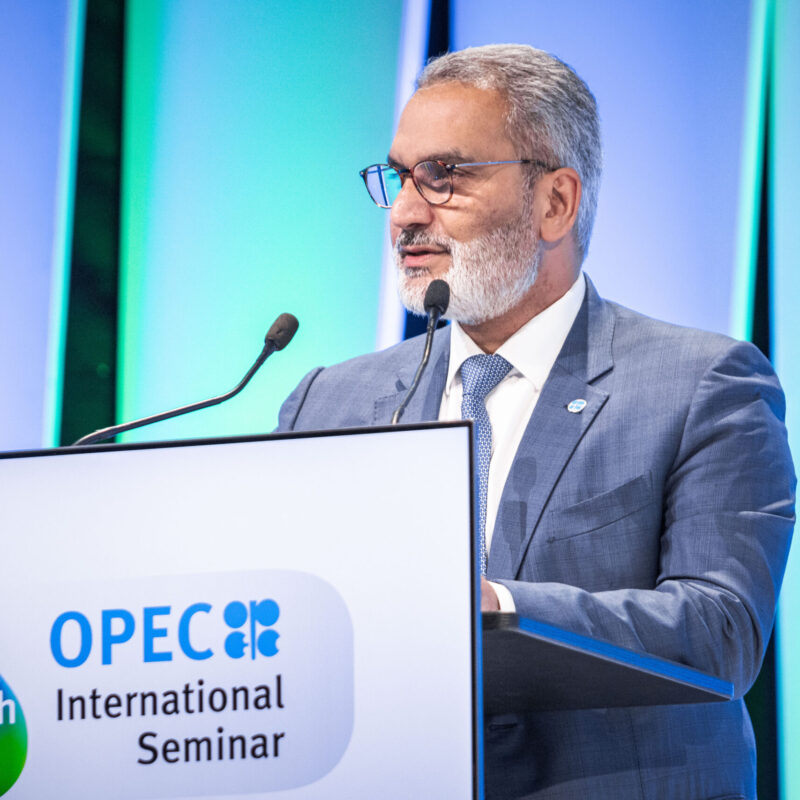
GIUSEPPE CACACE/AFP VIA GETTY IMAGES
Bahrain’s Al Waha backs Mideast startups behind the scenes
Rain, Calo and other Gulf businesses found early financing from island nation’s fund of funds, Areije Al Shakar tells The Circuit
MANAMA, Bahrain – In the heyday of Bitcoin, the four co-founders of the Rain cryptocurrency exchange saw a tantalizing opportunity when the Central Bank of Bahrain issued regulations allowing certain digital assets to be used for payments and handled...



